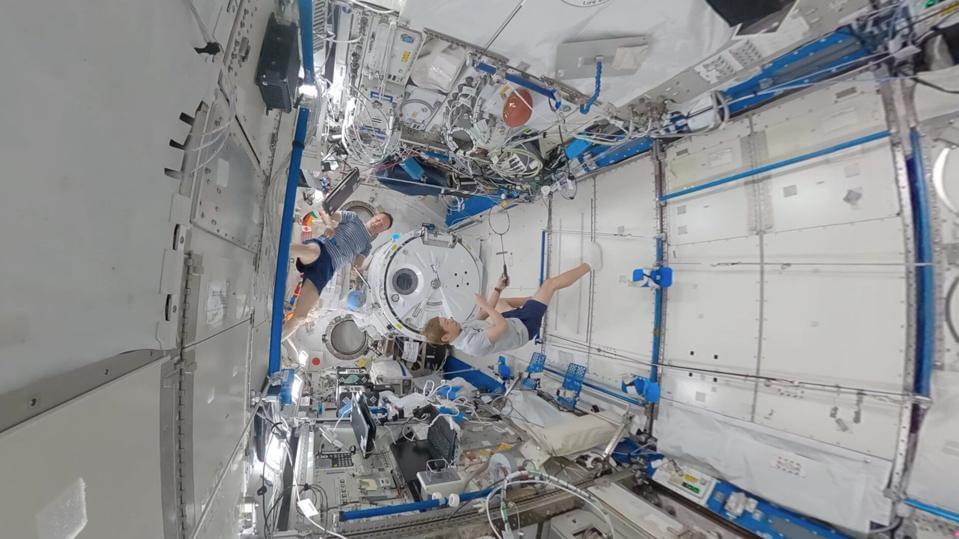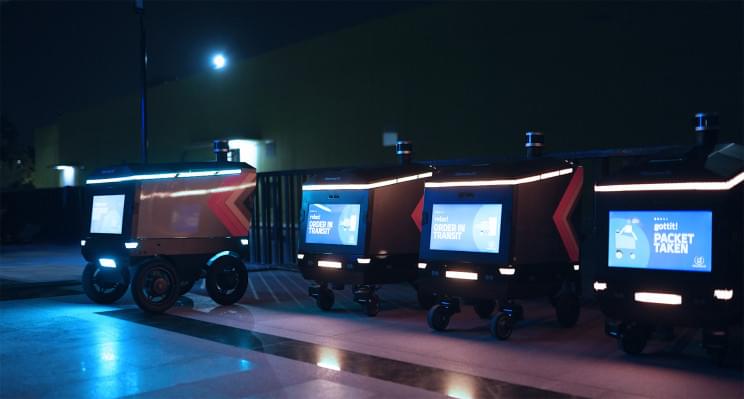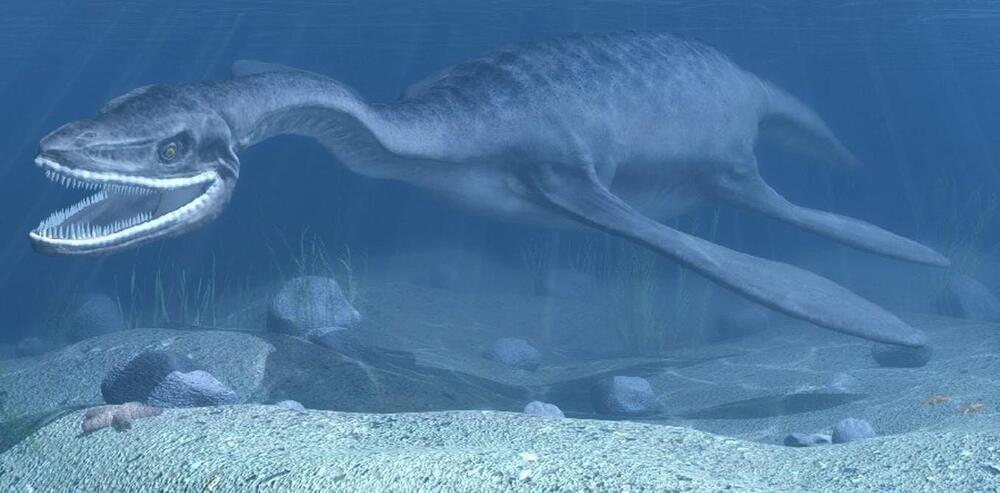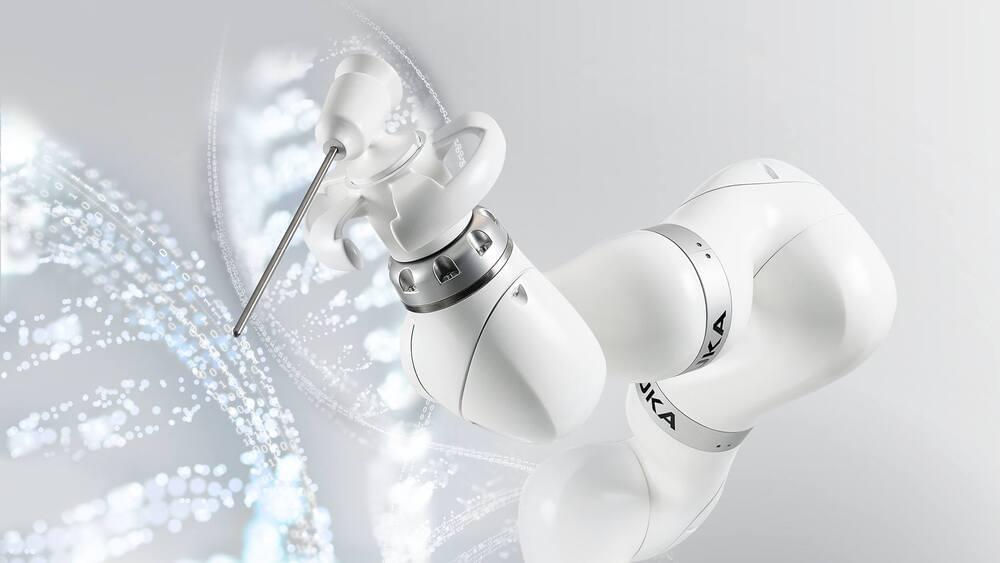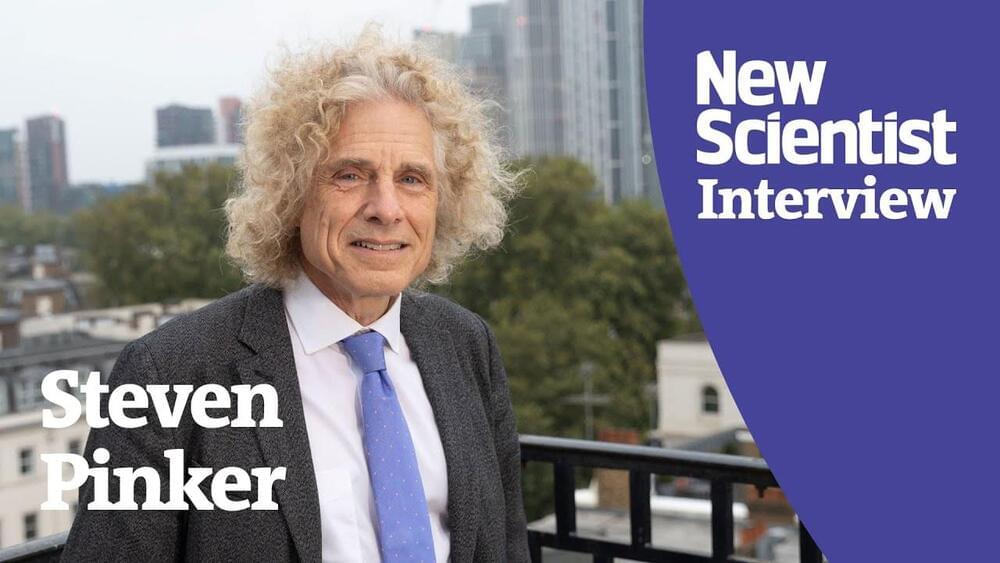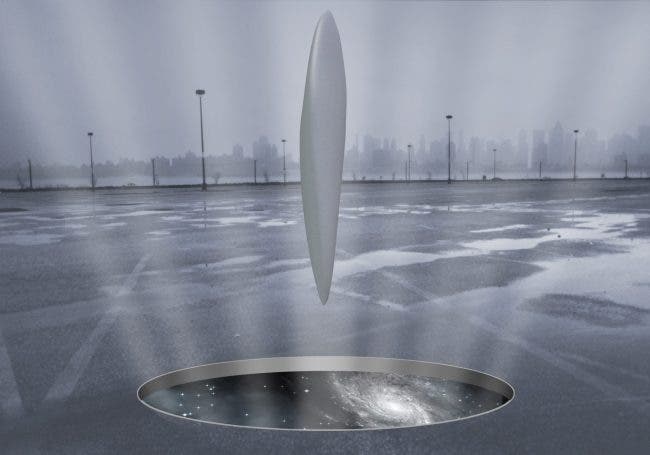Jan 5, 2022
Space Station Astronauts Stay Fit With Floating Badminton Match
Posted by Gemechu Taye in categories: biotech/medical, computing, health, neuroscience
If you had a few hundred experiments to manage during your days in space, how would you blow off steam in your spare time?
A badminton match was the activity of choice for International Space Station astronauts and spaceflight participants during the holidays. You can catch a short video of the activities of several crew members of Expedition 66 below; make sure to rotate it so you can watch the crew members working in 360 degrees.
The module they are using is the Japanese Kibo module, which is a common location for crews to conduct press conferences. The Kibo module also has a little more space for physical activities than some of the other ones, especially since there are no laptops or delicate experiments crowding the walls.
Continue reading “Space Station Astronauts Stay Fit With Floating Badminton Match” »
